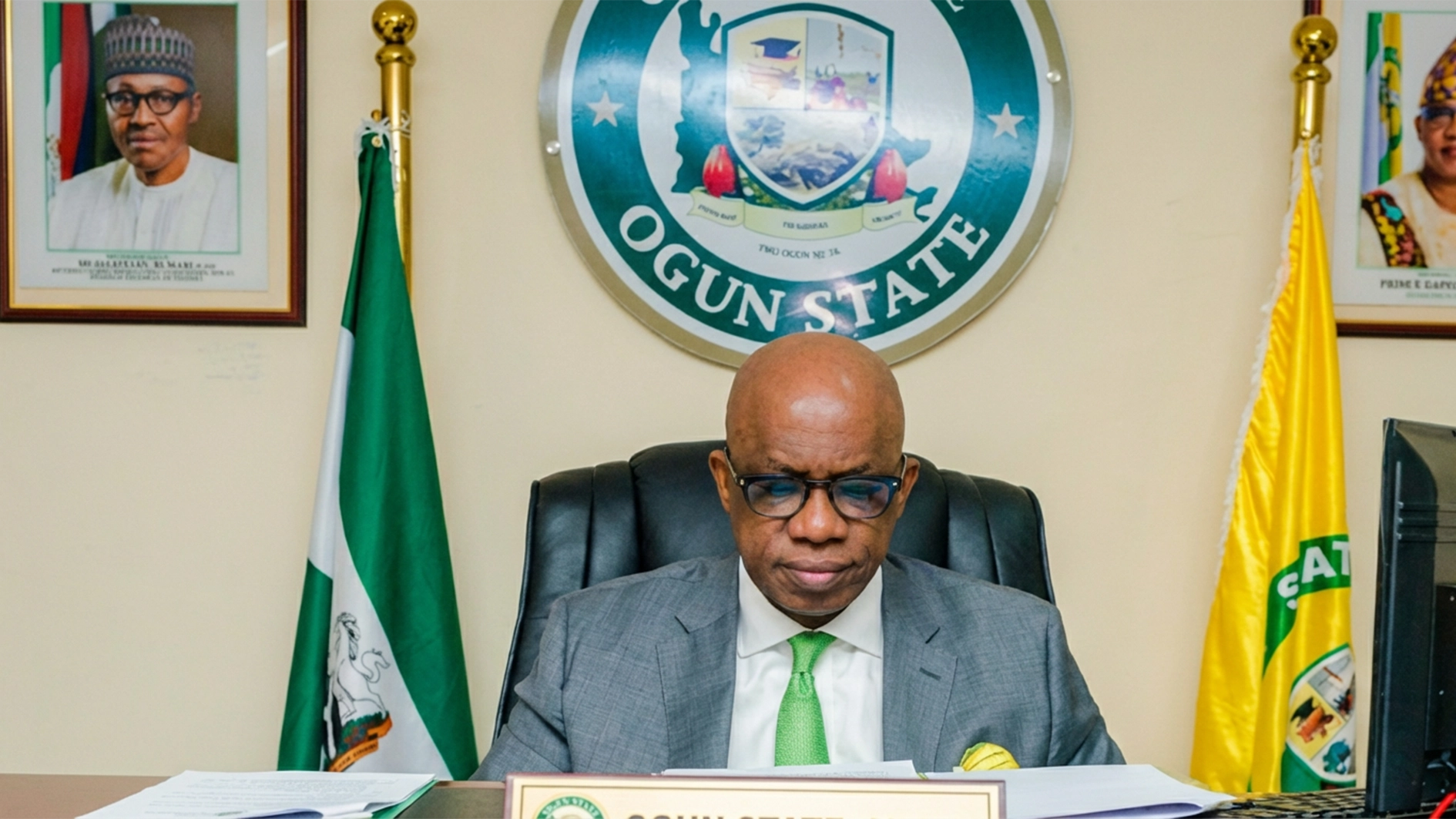
Vessels, fully loaded with genetically modified maize have berthed at the Apapa Wharf in Lagos, to be secretly introduced into Nigerian market.
The development comes as consumers are undecided about the desirability of genetically modified agriculture produces (GMOs) in the country, due to concerns about their safety to human health.
GMOs are achieved by scientifically tinkering with a particular produce strain to achieve agriculturally-desirable traits, which are resistant to pests and to herbicides to enhance yields.
The Director General of National Biosafety Management Agency, NBMA, Dr. Rufus E. Ebegba, disclosed to journalists in Abuja, said security operatives have been mobilised to arrest the owners of the ships.
He also said the agency cannot ascertain the number of ships bringing in GMO maize into the country, “but we have set machinery in motion to unravel mystery behind it.
“We have MoU with security operatives, customs, and other relevant agencies, to raise alarm over the importation genetically modified products. Before any GM foods come here, they must be found safe for consumption,” he explained.
According to Ebegba, the law stipulates that any illegal importation of GMO produce attracts a five-year jail term or a fine of N5.5million, adding, “there is a five year permit for a particular GMO, and must be properly labeled for consumers to make choice.”
Meanwhile, a former Minister of Science and Technology, Prof. Turner Isoun, has said that attention should be given to funding and development of bio-safety technologies in Nigeria.
Isoun, who spoke in Abuja, maintained that no nation can make progress without giving priority to research, adding, “our position as Africa’s largest economy can be consolidated with science and technological development.”
The former minister therefore commended the ongoing field trials on BT Cowpea, Sorghum, GM rice, Cotton, and maize, saying, the setting up of NBMA to regulate the products of modern technology is a good development in Nigeria.
“We paid attention to science and research during our tenure in office, and 10 years after, we have started seeing its contributions to the nation’s GDP. Prior to our intervention in 2003, ICT was contributing zero, but today, it adds 10 per cent to GDP,” he explained.






